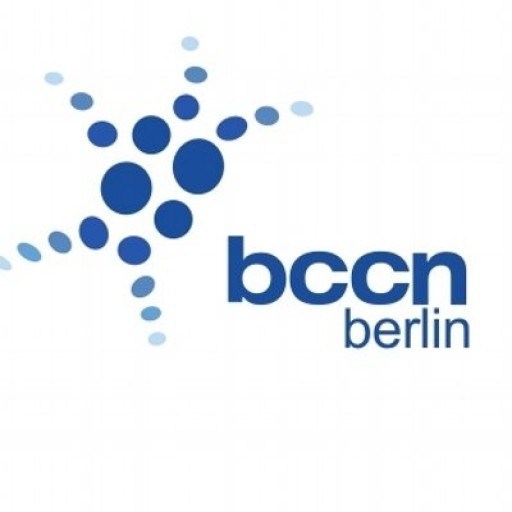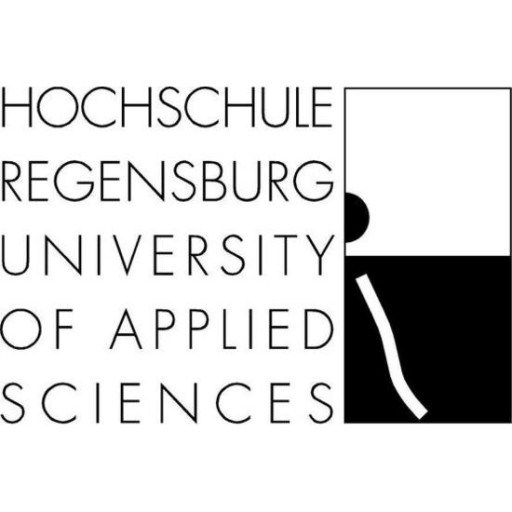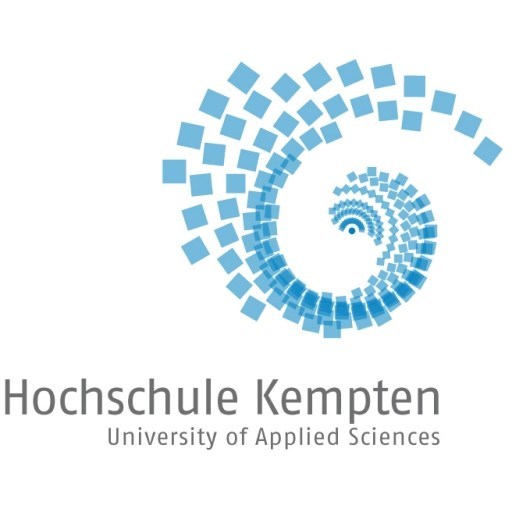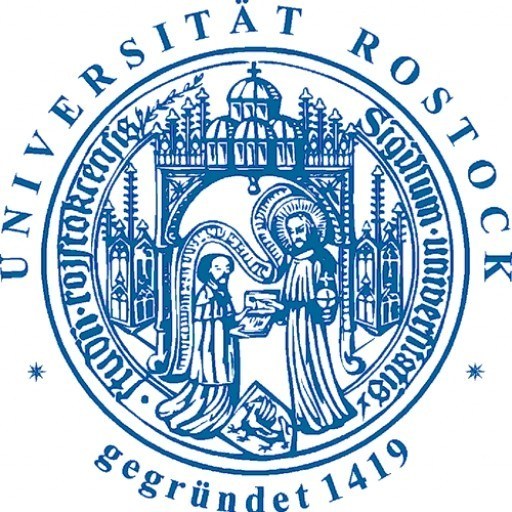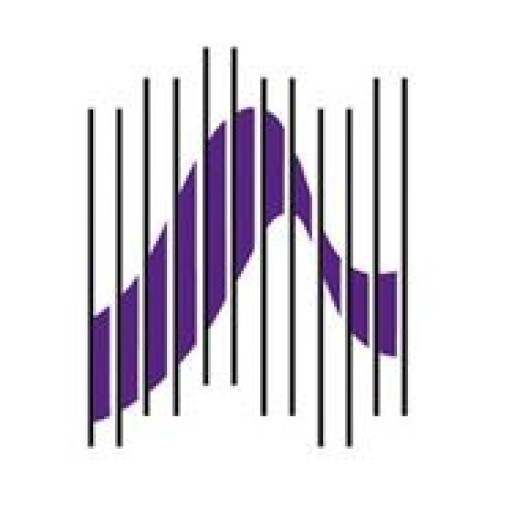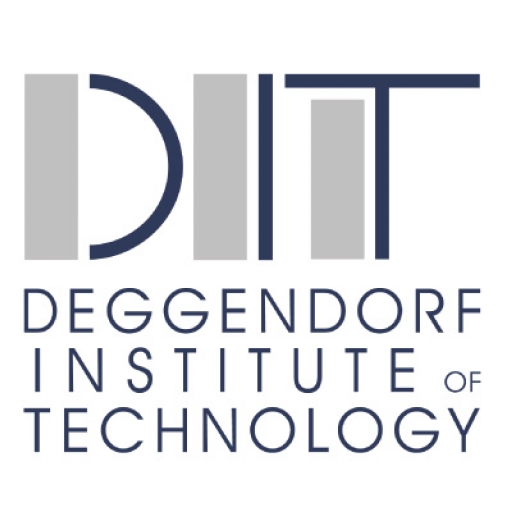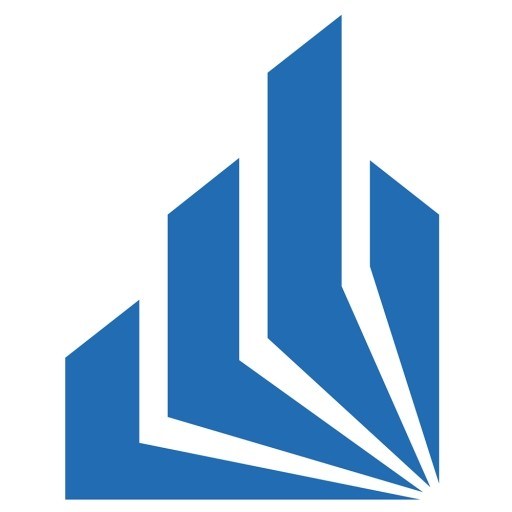Photos of university / #hochschuledarmstadt
Electrical Engineering and Information Technology — International Science at Darmstadt University of Applied Sciences offers a comprehensive and forward-looking curriculum designed to prepare students for the dynamic and rapidly evolving fields of electrical engineering and information technology. This program combines theoretical foundations with practical applications, ensuring graduates are well-equipped to tackle modern technological challenges and contribute to innovative solutions across various industries. Students will delve into core topics such as circuit design, digital and analog electronics, signal processing, telecommunications, automation, and embedded systems, gaining fundamental knowledge and hands-on experience through laboratory work and project-based learning. The program emphasizes interdisciplinary skills, encouraging students to integrate knowledge from electrical engineering, computer science, and information technology to develop complex systems and intelligent solutions. Special focus is placed on industry relevance, with collaborations involving local companies and research projects that provide students with real-world insights and networking opportunities. The international orientation of the program prepares students to work in global environments, fostering intercultural communication and collaboration skills essential in today’s interconnected world. The curriculum is periodically updated to reflect the latest advancements in technology and industry standards, incorporating skills in programming, data analysis, and cybersecurity. Students are also encouraged to participate in internships, exchange programs, and research initiatives to broaden their professional experience. Upon graduation, students will possess the technical expertise and problem-solving abilities required for careers in sectors such as telecommunications, automation, renewable energy, robotics, and information systems management. The program aims to develop not only technical proficiency but also critical thinking, ethical responsibility, and lifelong learning habits, ensuring that graduates can adapt to technological changes and lead innovation in their respective fields. Overall, the Electrical Engineering and Information Technology — International Science program at Darmstadt University of Applied Sciences offers a rigorous academic experience, a global perspective, and practical skills essential for success in the increasingly digitalized world of electrical engineering and information technology.
Educational organisation
Applicants with 180 ECTS credits have to complete an industrial placement in their first semester (which results in a four semester programme duration). Applicants with 210 ECTS credits may begin directly with the programme's courses (which results in a three semester programme duration).The qualifications and competencies students require are presented as modules. The number of compulsory modules (Transdisciplinary Media Cultural Projects/TMCPs) is identical with the number of electives. The third and fourth semesters are dedicated to the Master's project. The TMCPs are research-oriented and transdisciplinary, merging theoretical knowledge, cultural concepts, technological methods, and managerial steering strategies. One of their central learning outcomes is the implementation of theories, concepts, and strategies into successful practice. The elective modules within the field of curating and communicating are complemented by electives from the field of management and technology. They can be selected according to personal preferences and specialisations.
Internships
For applicants with 180 ECTS credits, a one semester internship during the first semester is part of the programme.Forms of assessment
Project presentations (15 ECTS credits per study semester for compulsory project module), oral examinations, and seminar papers for electivesCourse objectives
Fields of professional practiceGraduates in International Media Cultural Work enjoy an extensive field of career opportunities, including
- Executive positions (e.g., cultural managers, dramaturges, cultural editors, art educators)
- Independent freelance work (e.g., as curators, consultants, cultural publicists, exhibition designers)
- Researchers (e.g., with independent scientific or scholarly projects)
Employers may be cultural institutions, media companies, educational organisations, or industrial or economic corporations.
Language requirements
A good command of English is required.Applicants provide proof of their English language skills by submitting all of their application statements (CV, letter of motivation, outline of a personal project, etc.) in English.
Academic requirements
To study this Master's course, a diploma or Bachelor's degree is required from the following fields: digital media, media culture, or media pedagogy. Applicants with a degree in media-related fields (e.g., media design, media informatics and technology, media management, journalism) or other related fields (e.g., cultural management, social pedagogy, social work, design, art history, musicology) will be checked for eligibility, as will those applicants with a grade point average below 1.9 (or German standard equivalent).During the eligibility assessment, carried out by a department committee, the final grade point average of the Bachelor's degree or diploma, practical experience, and a letter of motivation are taken into consideration. A good command of English is also required. If you graduated with a Bachelor's degree worth 180 ECTS credits (or equivalent), an industrial placement must be completed during the study.
Find detailed information on the application process, see:
https://www.h-da.de/bewerbung
http://imc.mediencampus.h-da.de/
Enrolment fees
264 EUR per semester (as of summer semester 2016), covering public transport in the greater Rhine-Main areaCosts of living
Approx. 800-1000 EURJob opportunities
For post graduate students, jobs in the regional media and culture industry are possible, depending on expertise, language, and technical skills.Arrival support
Students arriving via international exchange programmes are supported by Hochschule Darmstadt's (h_da) International Office.Services and support for international students
Students are supported by h_da's International Office.General support for international students is given by the programme's international coordinator.
Accommodation
See:http://studierendenwerkdarmstadt.de/index.php/de/
https://international.h-da.de/en/join-the-h-da/
